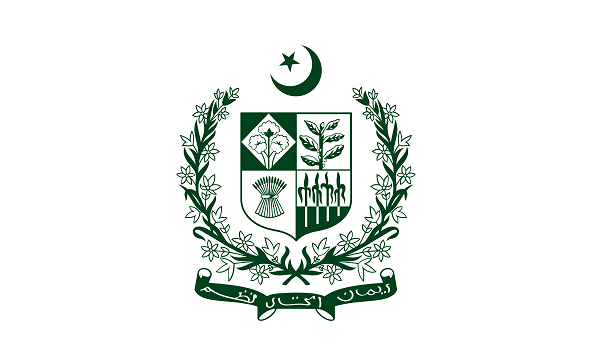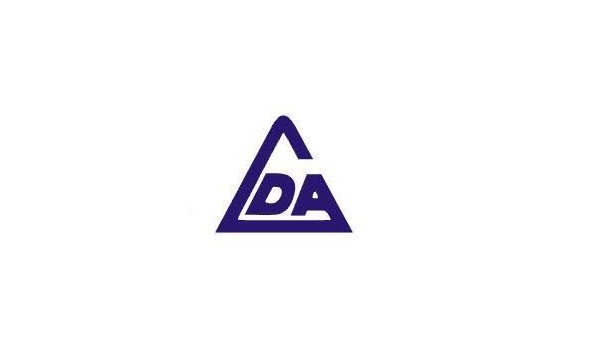Karachi: The Pakistan Software Houses Association (P@SHA) has called on the government to extend the current Final Tax Regime (FTR) for IT and IT-enabled services (ITeS) until 2035 to drive sustained export growth and attract foreign investment.
The appeal comes ahead of the Federal Budget 2025–26, with P@SHA submitting detailed proposals focused on creating a globally competitive digital economy through tax reforms, policy continuity, and investment-friendly regulations.
Read: IT sector continues growth, hits USD 2.18 bn in exports
Under the FTR, PSEB-registered companies currently benefit from a reduced 0.25% withholding tax on export proceeds. The regime is set to expire in June 2026. P@SHA Chairperson Sajjad Mustafa Syed urged the government to extend this arrangement for 10 more years to maintain predictability, investor confidence, and ease of compliance.
“The continuation of the FTR will simplify tax processes and allow IT firms to reinvest in innovation, expansion, and talent development,” he said, adding that regional competitors already offer long-term tax relief to attract tech-related foreign direct investment (FDI).
Read: MoU signed to boost IT sector in DCK’s Special Technology Zone
Syed also raised concerns about income tax disparities within the IT workforce. While remote workers pay tax between 0.25% and 1%, salaried professionals in IT firms face rates ranging from 5% to 35%. This imbalance, he warned, is contributing to brain drain and making local talent retention increasingly difficult.
To further support the sector, P@SHA proposed exempting withholding tax on payments made from Exporters’ Special Foreign Currency Accounts (ESFCAs) to non-residents, arguing that the current 15% withholding tax—especially in the absence of double taxation treaties—discourages foreign exchange inflows.
Read: PAK’s IT sector sees 14.9% growth in exports
P@SHA’s proposals align with the Special Investment Facilitation Council’s (SIFC) goals and the Prime Minister’s vision to exponentially grow Pakistan’s digital exports, positioning the IT sector as a pillar of economic transformation.








